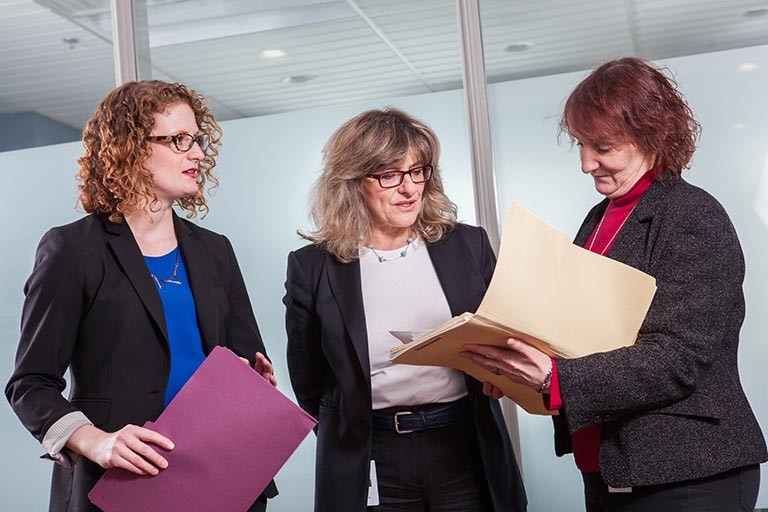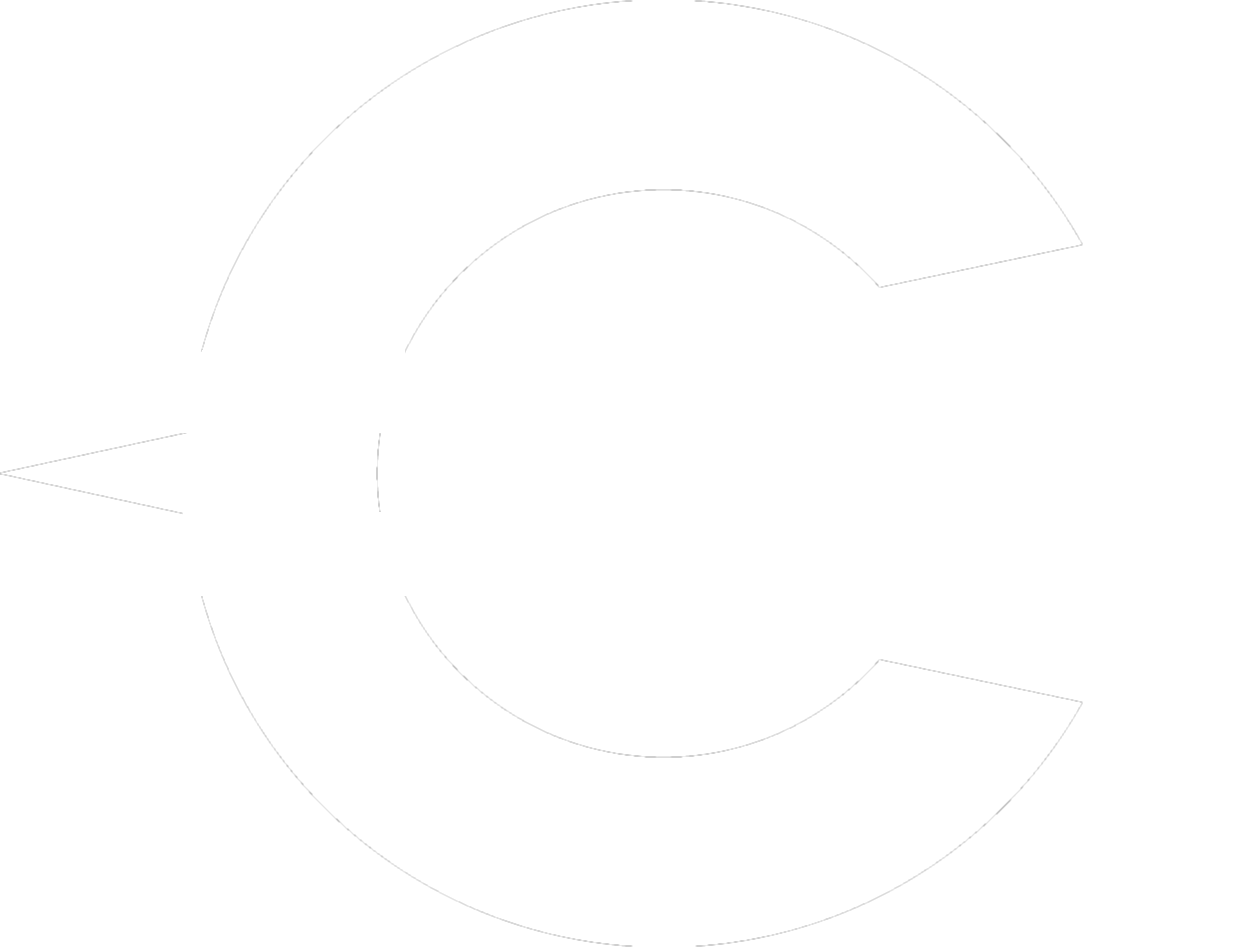In it For the Long Haul

“Concordia is a fabulous place to work,” says Carolina Willsher, associate vice-president, Human Resources (HR), her enthusiasm palpable. “People are proud to work here. They’re proud to be part of the university and to contribute to Concordia’s future.”
She and her HR team are driven not just by the desire to succeed, but also by the desire to do right by the human community of Concordia’s staff and faculty. And in 2015-16, she says, HR made strides toward making the university’s community stronger, more flexible, and more attuned to the needs of their colleagues and the students they serve.
Learning and Development Program
Over the past year, HR ran a streamlined iteration of its Learning and Development Program (LDP), which Willsher highlights as one of their finest achievements. Assembled in response to feedback from faculty, staff, managers, and directors, the LDP offers an array of professional development workshops, leadership training, and specially designed modules to hone staff’s ability to meet client service, productivity, and sustainability goals.
“It’s there to help them build professional development skills, knowledge, and support for decisions that they’re going to have to make on a day-to-day basis,” Willsher explains.
Change Resilience Development Program
One of the most successful learning platforms in 2015-16, however, was the Change Resilience Development Program, making its first appearance as part of the LDP but certainly not its last.
“We’ve taken a different approach,” Willsher says. “Typically we hear about how we have to manage change within projects. We’re looking at it from the perspective of creating resilience in our managers so that they can handle anything, to help them prepare to think about new challenges. If managers can make change a positive experience, then they can translate that into their relationships and interactions with students and with frontline staff who are dealing with students on a day-to-day basis.”
This first attempt at a Change Resilience Development Program was a huge success, says Willsher, helping prepare individuals to respond to change, to support others and to understand the impacts of change.
“Sometimes people get a little bit intimidated or overwhelmed by change,” Willsher says, “especially the pace of it, the quantity of it. But we think that if we can actually give them the tools to anticipate the changing needs of the community rather than simply react to them, people will be able to think beyond what’s been done in the past to see what’s possible in the future. That’s a very energizing prospect.”
The goal is to build a team that works hard to support one another and Concordia together, a team that will be proud to keep collaborating for the long haul—and we’re already on the right track.
Long Service and Retirement luncheon
This year’s Long Service and Retirement luncheon was another accomplishment for Willsher and her team.
“It’s one of the most rewarding events to organize and attend, because it’s such a happy occasion,” she says. “I’m always in awe of the years of service and dedication of Concordia staff and faculty. At the luncheon we recognize people with 20 to 45 years of service and more, as well as those who have retired from the university, and we do this year after year. Last year we had three people celebrating 50 years of service. These faculty and staff create a community around themselves and have made transformative contributions to the university.”
Willsher encourages new hires to find those who have been at Concordia a long time and to engage with them to hear about their abundant histories of experiences.
“It’s fascinating,” she says. “We have such an incredibly rich environment. We work in an academic setting where there’s teaching and research going on and we have students coming in every day —which creates an incredible amount of energy. It keeps people fresh and connected, because they’re challenged. That’s really important. There aren’t very many work environments in which we’d have access to so many transformative exciting ideas and internal collaboration.”



